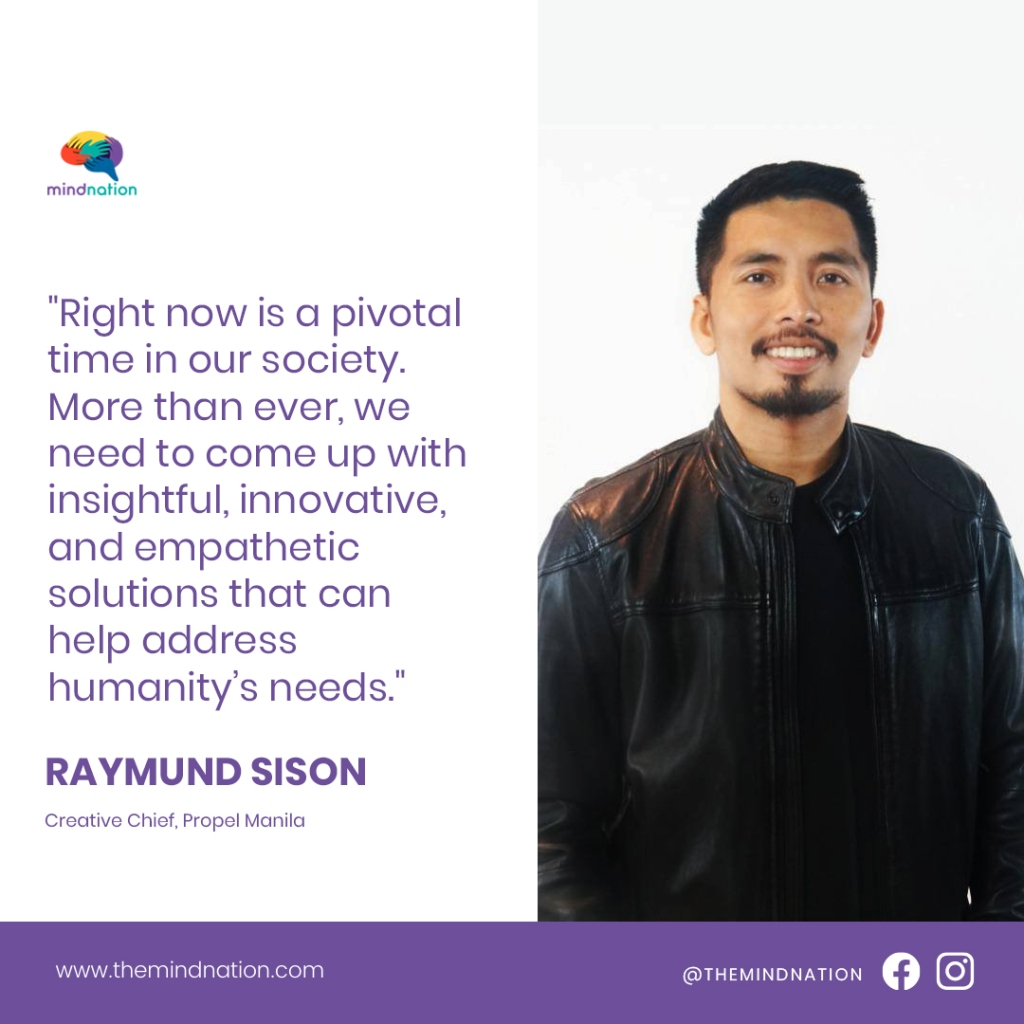Despite efforts to increase awareness and understanding about mental health, many workplaces still consider mental health a taboo topic. A MindNation Pulse Survey of more than 6,000 full-time employees in the Philippines revealed that only half (50%) of respondents feel comfortable talking about their mental health challenges with their managers, while 11% do not want to talk to anyone about their challenges at all. Additionally, only 12% of employees with mental health issues truthfully admitted to their managers that they are taking a sick leave for the same reason; the others stated that it was for a physical health problem, took it as part of their annual leave, or didn’t want to give a reason at all.
Companies whose employees who do not receive support for their mental health challenges are more likely to have higher rates of absenteeism, presenteeism, and employee turnover. These productivity losses cost organizations at least PHP7 million per year for every 1,000 employees.
One way to address mental health in the workplace is to stop the spread of misconceptions surrounding mental health challenges. Dr. Rhalf Jayson “RJ” Guanco, a licensed psychologist and psychometrician, faculty member of the Adventist University of the Philippines, and the current president of the Adventist Mental Health Association, lists down the top 5 employee mental health myths and provides the facts to debunk them:
Myth: Hard-working people do not have mental health concerns.
Fact: No one is exempt from mental health concerns. “Mental health concerns can occur regardless of one’s personality, age, social situation, religion, or any other factor. It can also begin at any age, from childhood to later adulthood,” Dr. RJ enumerates. “Being hardworking, dedicated, or industrious does not make a person immune from mental health challenges.”
Myth: People with mental health problems are unreliable employees/team members.
Fact: Although mental illnesses may have a negative impact on an employee’s ability to function at work, it may also have no effect at all.People with mental health concerns can go on to live happy, productive lives as long as they receive proper treatment and support. “Mental health issues are in no way a reflection of a person’s ability to perform their work functions and are not a hindrance to perform job-related tasks. The fact that an employee has a mental health problem does not diminish his or her humanity. Putting them in a negative light and calling them untrustworthy should be avoided at all costs,” Dr. RJ stresses.
Myth: Stress is really a part of work, so those with mental health concerns are just being lazy or making excuses.
Fact: “According to research, mental health disorders are caused by a variety of factors interacting with one another, including but not limited to heredity, biology, psychological trauma, poverty, adverse childhood experiences, environmental stress, etc.,” Dr. RJ enumerates. So in order to understand mental health problems properly, the person must be viewed holistically rather than singularly, i.e. work stress.
Myth: We’re in a pandemic, so it’s normal to have mental health problems and there’s nothing we can do but ride this out.
Fact: “While it is perfectly normal to feel nervous, depressed, isolated, and agitated, or to suffer from any kind of mental health problem during abnormal events like the COVID-19 pandemic, these responses must be handled well. Not everyone can just ‘snap out of it,’” Dr. RJ explains. “The more we understand ourselves and our own mental health, the more we will be able to provide useful support to individuals in our life who are dealing with mental health issues.”
MYTH: I can’t do anything for a colleague with a mental health problem because I am not a mental health professional.
FACT: “Even if you are not a mental health professional, you can still make a significant difference in the lives of those who are suffering from mental health concerns,” Dr.RJ assures. “For example, you can provide an empathetic ear to a coworker who is experiencing difficulties. Simply being the person who is willing to listen can help someone feel better. According to studies, persons who suffer from mental illnesses grow better and many recover when they have a strong support system.”
Education, guidance, and awareness training for managers can help them spot the warning signs of mental health problems among staff and offer support before they escalate.
Partner with MindNation to build happier, healthier, and more productive teams. Visit www.themindnation.com to know more about our services.















